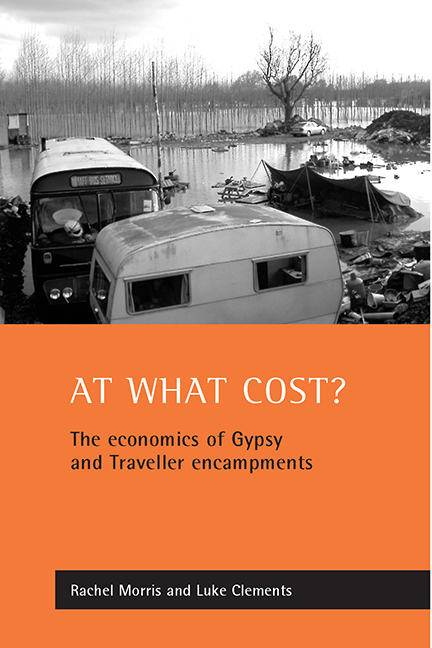Book contents
- Frontmatter
- Contents
- List of tables
- Preface
- Acknowledgements
- List of acronyms
- Dedication
- one Introduction
- two Past and present law
- three The costs to local authorities
- four The costs to others
- five Best Value
- six Rights, race relations and Best Value
- seven Conclusion: obstacles and opportunities
- References
- Appendices
- Index
- Also available from The Policy Press
one - Introduction
Published online by Cambridge University Press: 20 January 2022
- Frontmatter
- Contents
- List of tables
- Preface
- Acknowledgements
- List of acronyms
- Dedication
- one Introduction
- two Past and present law
- three The costs to local authorities
- four The costs to others
- five Best Value
- six Rights, race relations and Best Value
- seven Conclusion: obstacles and opportunities
- References
- Appendices
- Index
- Also available from The Policy Press
Summary
Pitfalls of research on costs
This book treads a dangerous line, concerned as it is with costs: the costs borne by the Travelling and non-Travelling communities as a consequence of the former having insufficient and inappropriate accommodation.
The line is a dangerous one for many reasons. Most obviously because it might suggest that social exclusion and human misery are amenable to a simple analysis of costs and benefits. This cannot, of course, be the case, as the following chapters clearly demonstrate.
A less obvious, but equally serious, danger is that which is inherent in all ‘quantification’ exercises of this nature – that by particularising the cost of everything, little or nothing of value is revealed. This again is a danger which we also hope we have avoided.
This study is based on research carried out between 1999 and 2001, including a survey of all of the local authorities in the United Kingdom. The survey focused on the costs that these authorities had incurred as a consequence of inadequate provision of accommodation for Gypsies and other Travellers. Its importance springs in part from the decision of the 1992-97 government to use ‘cost’ as a reason for abandoning a long-standing duty on local authorities to provide Gypsy sites. It had argued that expenditure of £5 million per annum (the approximate cost of providing sites) could not be justified. What is extraordinary about this decision is that it was underwritten by no regulatory or financial appraisal: that no attempt was made to ascertain the cost implications of not making any provision.
The idea behind the research study is not original – many commentators both inside and outside Parliament have pointed to the lack of such an appraisal as evidence that the 1994 Criminal Justice and Public Order Act was misconceived. The research results discussed in this book are therefore of great significance. They give both qualitative and quantitative expression to the consequences of abandoning the site provision duty, in part using as an investigative device the disciplines of ‘Best Value’: an appraisal mechanism introduced by the 1997-2001 government.
To conduct this analysis risks perpetuating the greatest danger of all; namely the maintenance of the costs debate itself. Why is it that so much of the debate is conducted in the language of exchequer expenditure? Why did the figure of a total of £56 million loom so large in the 1992-94 debate?
- Type
- Chapter
- Information
- At What Cost?The Economics of Gypsy and Traveller Encampments, pp. 1 - 10Publisher: Bristol University PressPrint publication year: 2002



